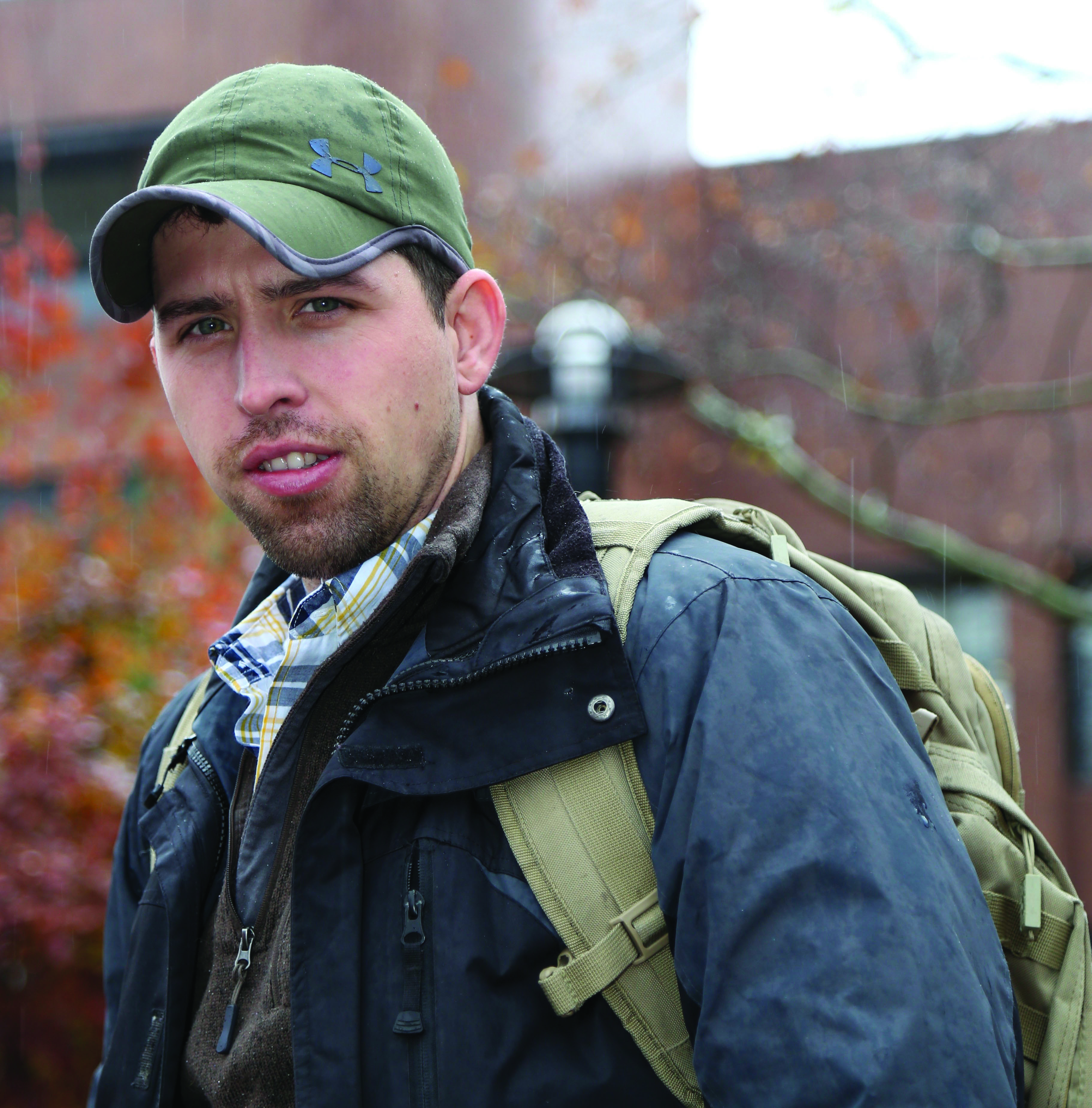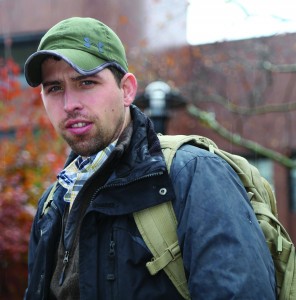
By Shawn Simpson
Staff Reporter
Working while attending school isn’t unique. Your job becomes special when on a moment’s notice, it could uproot your life and send you to the most dangerous places in the world.
Colby Kilgore is a specialist in the United States Army Reserve and second-year student at the college studying to be an electrical engineer with plans to transfer to KU. Balancing the rigors of class with the specter of sudden deployment would seem to be cause for concern, but not for Kilgore.

“I wouldn’t say it weighs on me. It might for some people,” said Kilgore. “If you’re a thoughtful person when you’re enlisting, you should expect to be deployed, especially if you enlist during wartime. I wouldn’t say it weighs on me as much as something I fully expect.”
The U.S. Army Reserve enlistment lasts six years where soldiers serve one weekend per month and two weeks per year. A reservist can be called to full-time duty at any time during their six-year commitment.
“There’s no sense of dread. That’s when you can really do your job, when you’re called to service,” Kilgore said. “That’s when you can get some good work done for your country. I’d say I look forward to it.”
The sense of duty so common to members of the military extends to the community and classroom. Having a different set of experiences and expectations for the future has changed how Kilgore interacts with other students.
“I think the military has made me more supportive of my community and fellow classmates. So [with] regard to deployments, it’s not something I take into consideration. It’s not something I can control,” said Kilgore. “One way I would say it impacts me, or how it steers me, is how I interact with [others]. I try to have a more proactive and positive role in my environment and my classmates.”
In a world on high alert, there is no group keeping a closer eye on the situation than our servicemen and women. Knowing that events in the world can have a tangible effect on their lives means our military personnel view the world differently.
“For me being a military person, as a way to interact with the global climate, I always look for how I can help,” said Kilgore. “I think regardless of any situation, myself and anybody else I’ve met … it’s about trying to help people. That’s our primary driving factor.”





















